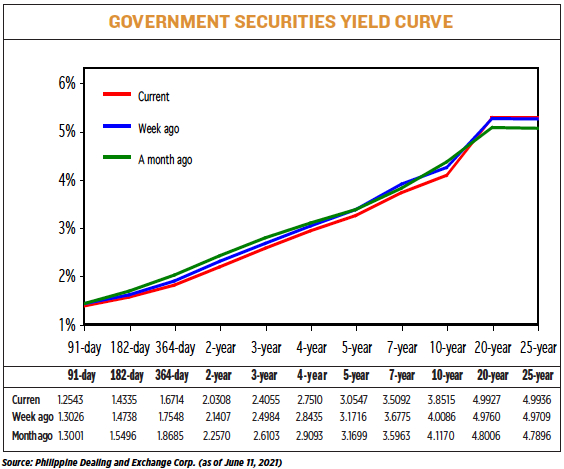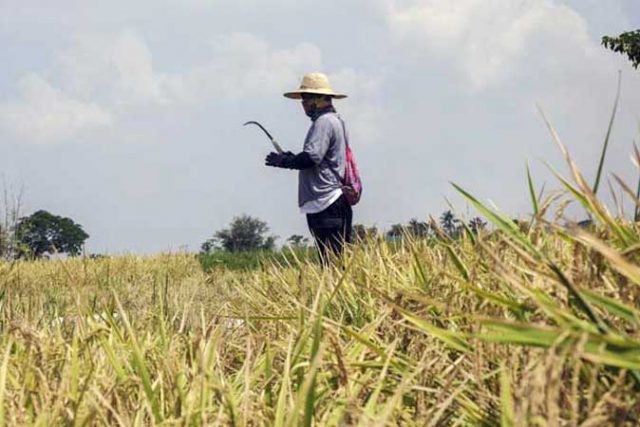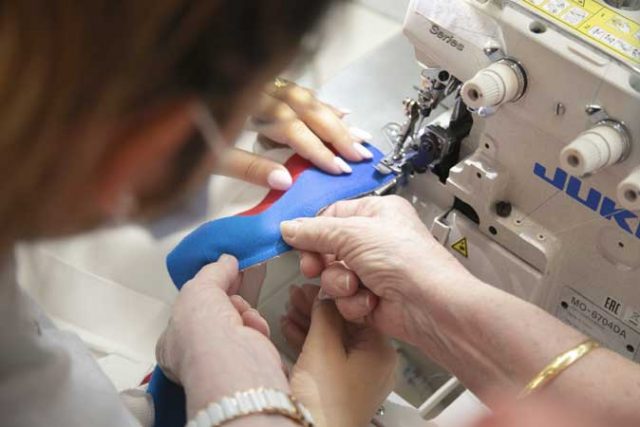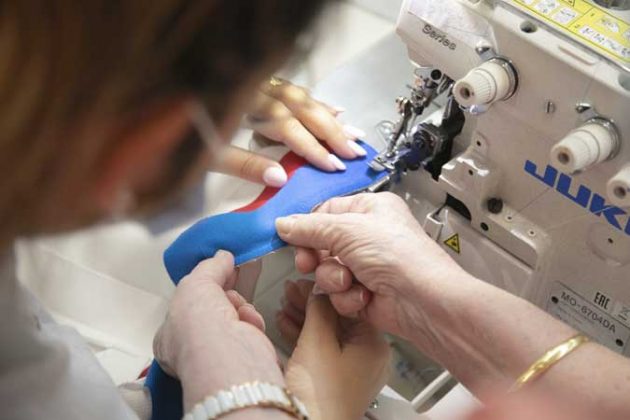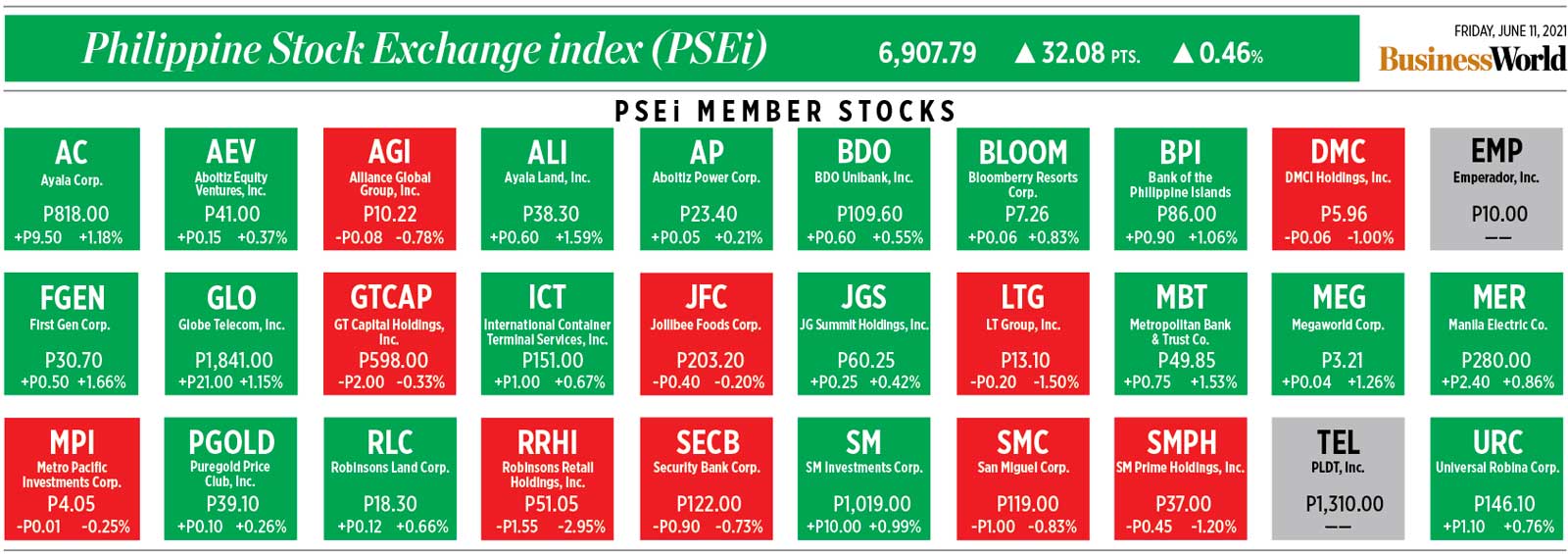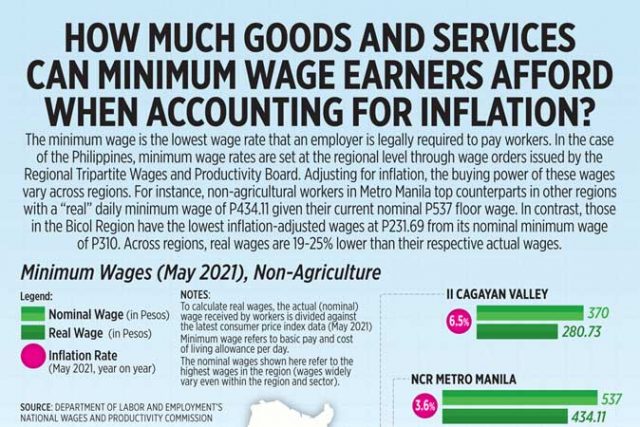Dentsu study looks into consumer marketing
IN THE next 10 years, it is projected that consumers will prioritize technology dependence, hold new concepts of identity, and demand real experiences.
A study conducted by global marketing services group Dentsu International titled the Dentsu Consumer Vision 2030: The Age of Inclusive Intelligence, included inputs from academics, authors, and experts, and multiple proprietary consumer surveys from more than 20 countries. The study focuses on how consumer behavior evolved during the pandemic and its outlook in the next decade.
“Dentsu’s study gives us a glimpse into how the consumer landscape will evolve and, in turn, how brands can seamlessly build loyalty. These trends are not just focused on brand survival but equip brands with long-term vision as they navigate the next 10 years,” Dentsu Philippines CEO JC Catibog said in a statement.
Mr. Catibog hopes that the study will help guide brands to incorporate new views, values, and behaviors in building lasting relationships with Filipino consumers.
Out of the 12 global trends in the study, Dentsu highlighted eight key trends that are most relevant to the Philippines. These are: Acclimatise Now; Kaleido-dentity; Virtual Sets the Standard; Tech Togetherness; Rise of the Titan Brands; Every Brand is a Health Brand; 5-Star Citizens; and Human Dividend.
At a presentation of Dentsu’s Consumer Vision 2030 held via Zoom on June 3, professionals from various fields were invited to share third-party insights on how brands can respond to these trends in the future.
One of them was Bea Evardone, the Chief Operating Officer of the Republiq Group of Companies, who works on marketing for consumers in Visayas and Mindanao.
She was reacting to the “Tech Togetherness” trend, in which people are expected to continue to immerse themselves in virtual technology for interaction, purchasing, learning, and events despite the distance.
She said that whether consumers follow the trends is dependent on the habits they created during the pandemic. She also said that the future is to go digital.
“We’ve been advocating for [digital] but there [had been] a bit of resistance for a while in the Philippines and in some parts of the world. The pandemic somehow catapulted us to that reality,” Ms. Everdone said.
She also said that all demographics are dependent on technology now in purchasing, learning, and consuming content.
“We get to connect with people from all over the world, and we feel included in the conversation. So, brands have to be on the lookout for making sure that our messaging is not just for the sake of looking like we care, but we really need to do something about it,” she added.
The study also found that the increase in e-commerce paved the way for the “Rise of the Titan Brands” trend, where online retailers will increase in size and scope.
Based on the study, Dentsu Philippines Connections Planning Head Roki Ferrer said that device user experience will meet customer experience in the retail sector. Mr. Ferrer noted retail space transforming with the integration of technologies such as augmented reality, and artificial intelligence. In addition, as more businesses move to contactless and cashless transactions, brick and mortar stores will need an e-commerce counterpart, and that shop streaming or live shopping on social media will increase.
Similarly, the “Virtual Sets the Standard” trend showed that the community quarantine increased interest for eSports and virtual gaming.
The study showed that under “Every Brand is a Health Brand” trend, consumers’ top priority is securing long-term health in the next decade. The “Acclimatise Now” trend focuses on the growing concern on businesses’ environmental impact and their response to climate change.
The “Kaleido-dentity” trend focuses on consumer confidence in realistic advertisements and media representation on diversity and identity.
“As an MSME, you can really find a viable market if you know your niche and if you go beyond how you segment your consumers today. It’s actually an exciting time, you can find your specialized area in the marketplace,” Dentsu One Manila’s Executive Planning Director Melissa Torre said.
For Dentsu Jayme Syfu’s Chief Strategic Planner Diday Alcudia, brands will focus on adapting to trends and understanding the consumer and their needs
“If you really want to take that leap, then you have to think of ideas, and ideas are not exclusive to big companies. You can think of ideas that are relevant to the times, consumers, and their needs. Human desires do not change — it’s the way we fulfill these desires that change,” Ms. Alcudia said.
The “Human Dividend” trend emphasizes putting a premium on human interaction where real experiences will translate to more active breaks from technology.
Lastly, the “5-Star Citizens” trend indicates that brands and governments will have a standard practice on rating their consumers and citizens. In a press release, this trend was explained thus: “Companies will increasingly use a reward and punishment system, based on their consumers’ behavior, to determine access to transportation, accommodation, and the quality of goods they can buy. At the same time, these ratings may determine how citizens can access exclusive and public services.”
Dentsu’s report is available to download at: https://consumervision.dentsu.com/consumer-vision-2030 — Michelle Anne P. Soliman





